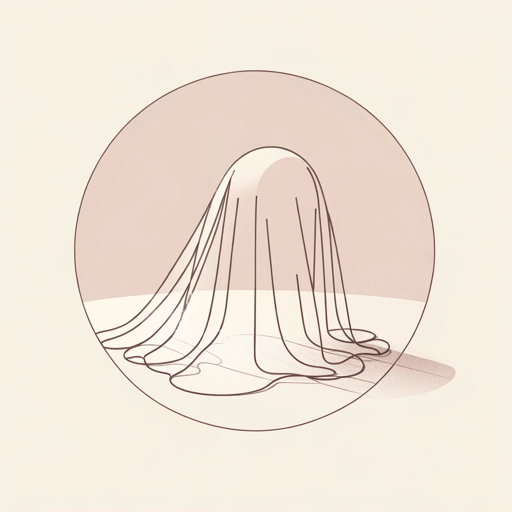52 pages • 1 hour read
Geraldine BrooksMarch
Fiction | Novel | Adult | Published in 2005A modern alternative to SparkNotes and CliffsNotes, SuperSummary offers high-quality Study Guides with detailed chapter summaries and analysis of major themes, characters, and more.
Themes
The Meaning of Bravery
Mr. March considers the meanings of courage and cowardice. He thinks:
The brave man, the real hero, quakes with terror, sweats, feels his very bowels betray him, and in spite of this moves forward to do the act he dreads. And yet I do not think it heroic to march into fields of fire, whipped on one’s way only by fear of being called craven. Sometimes, true courage requires inaction; that one sit at home while war rages, if by doing so one satisfies the quiet voice of honorable conscience (168).
In Mr. March’s view, if one is fighting in the war without “honorable conscience,” then their fight is not a brave one. One is not courageous because they fight to avoid the label of coward. Rather, bravery is achieved when one faces their greatest fears to attain moral ends. Mr. March doesn’t think of himself as a brave person; however, there are reasons to consider him brave. He committed himself to abolitionism through risks both legal (funding Brown) and physical (joining the war effort). Also, when Canning was about to be executed, Mr. March leapt from the bushes to come to his defense.
By his definition of bravery, one can see some underlying factors that cause him to self-identify as a coward.
Related Titles
By Geraldine Brooks

Caleb's Crossing
Geraldine Brooks

Horse
Geraldine Brooks

Nine Parts of Desire: The Hidden World of Islamic Women
Geraldine Brooks

People of the Book
Geraldine Brooks

The Secret Chord
Geraldine Brooks

Year of Wonders
Geraldine Brooks

